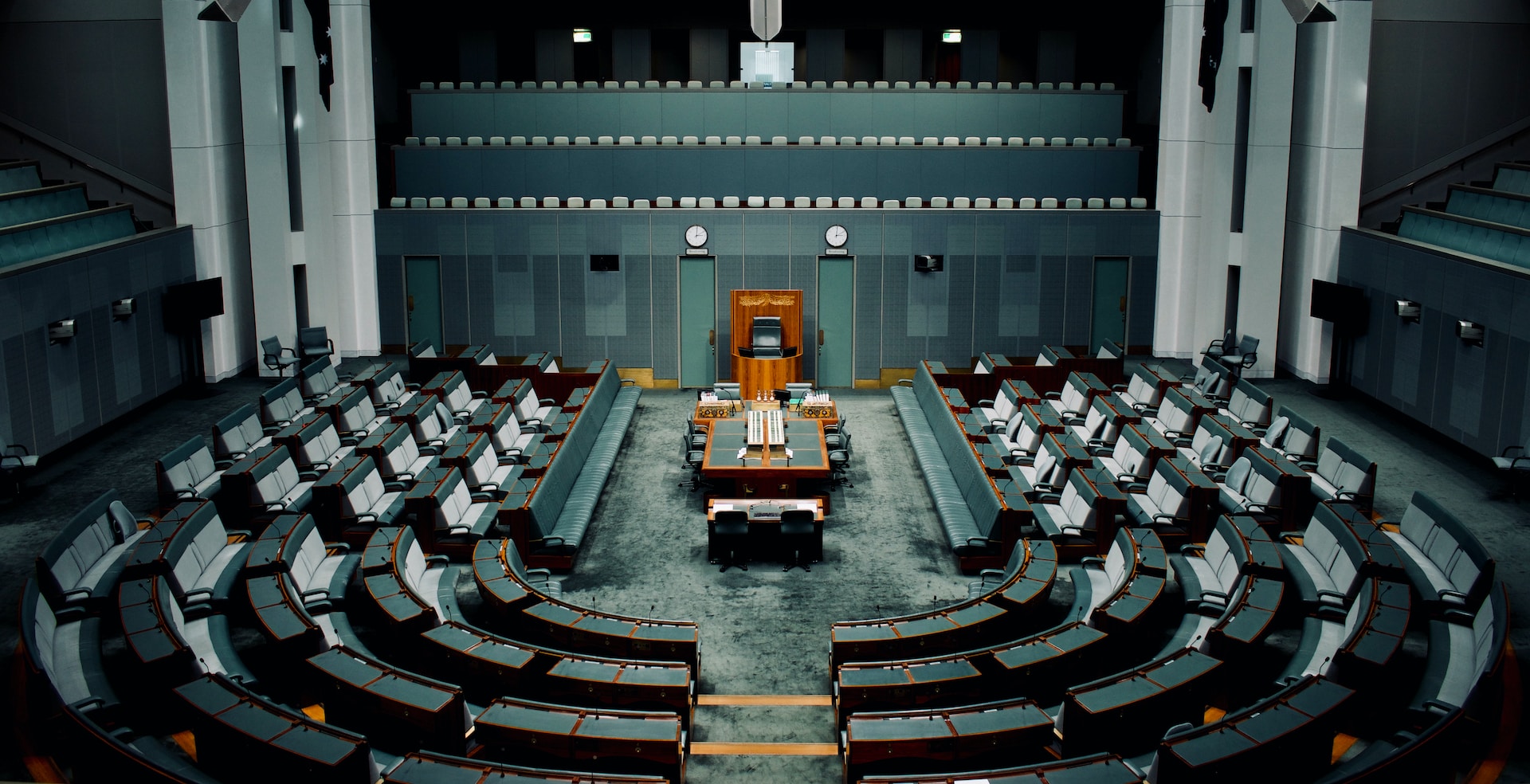
Comment Writer Jacob Dawson argues that governments formed from multiple parties fail to achieve real change
The idea of coalition governments first came to major prominence in the UK in 2010 with the Liberal Democrats entering government with the Conservative Party for five years which saw their eventual downfall from mainstream UK politics. Coalition government put simply is the formation of a government made up of multiple different parties (usually ideologically similar in their beliefs) who govern with the support of each other. Therefore, they are often underpinned by a set of common policies and values.
However, since Keir Starmer won his leadership election after the defeat of Jeremy Corbyn there has been increasing talk of pursuing a left-wing alliance between Labour, the Lib Dems, and the Green Party in order to kick the Tories out of office at the next general election. Is this option in fact viable for smaller centrist and left-wing parties to enter government, is tactical voting and coalition governments a useful tool for these parties to enter Downing Street?
To put it simply, it isn’t. Parties like the Green Party, who occupy the furthest left position that the British electorate can stomach, risk their views being significantly watered down by even seeking out cooperation with centrist parties like Labour and the Lib Dems. We have seen this exact idea play out in 2010 when the Lib Dems so-called bold agenda was completely swept aside by Cameron and his austerity policies, the same risks happening again if the Lib Dems seek out a coalition with Labour outright rejecting proportional representation as a government policy. If left-wing parties seek to move closer to power then they must accept that entering the Westminster bubble in bed with centrist parties is a one-way street to defeat in the face of the establishment.
Parties like the Green Party […] risk their views being significantly watered down
Smaller parties are limited in their ability to outright win national elections due to the current voting system (first past the post) and gerrymandering by the Conservative Party. This in turn makes smaller parties reliant on victories in local elections as well as coalitions if the circumstances allow for it in order to gain power. Tactical voting is one of the main ways in which smaller parties can gain votes in order to put themselves in a better position for coalitions, this method stretches all the way back to the early 20th century between the Liberal Party and the Labour Party. It is an electoral strategy used by individual voters and sometimes parties where they compile their votes behind one candidate in order to stop the entry of another candidate.
Due to the British electoral system, British voters are not used to the idea of coalition governments, which are the norm in many European nations like Spain, Italy, and the Netherlands. It is a possibility that if Starmer fails to achieve an outright majority in parliament in 2024 he may very well have to rely on the Liberal Democrats if they make significant gains in the so-called “blue wall” in South East England.
British voters are not used to the idea of coalition governments
Scotland was the last example where we saw this trend where the Conservatives, Labour, and Lib Dems banded together to prevent an outright SNP majority in Holyrood (the Scottish Parliament). Left-wing and centrist parties should not have to resort to these methods in the first place, the fact that it has become normalized for smaller parties to be intentionally disadvantaged is worrying in a system that claims to be democratic.
Coalition governments are a viable method for kicking one party out of government in favour of the main opposition party with the support of other smaller parties with similar ideas. However, this in itself is not a success for the small parties. This is because this still does not solve the fundamental issue at hand which is the fact that genuine change cannot come from coalition governments. Smaller parties like the Greens and Lib Dems lack the political power to force their key policies upon bigger parties like Labour and the Tories which leaves them open to being pushed around and bullied into making unpopular decisions. Therefore I would argue that in order to make a genuine systematic change in British politics, coalition government is not the ideal method to do so.
For more student opinions, check out these stories:
Brexit is threatening the stability in Northern Ireland
Comments